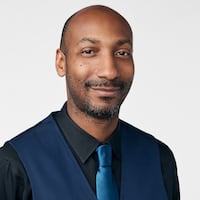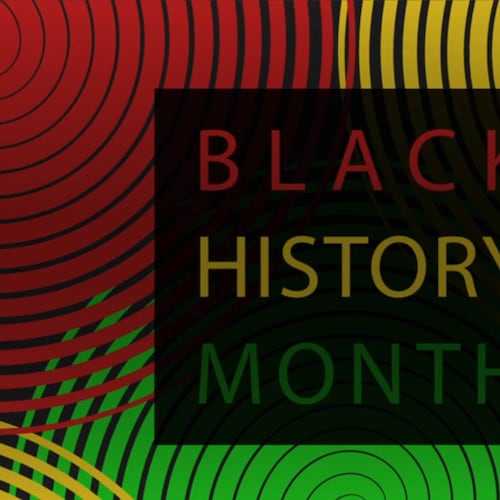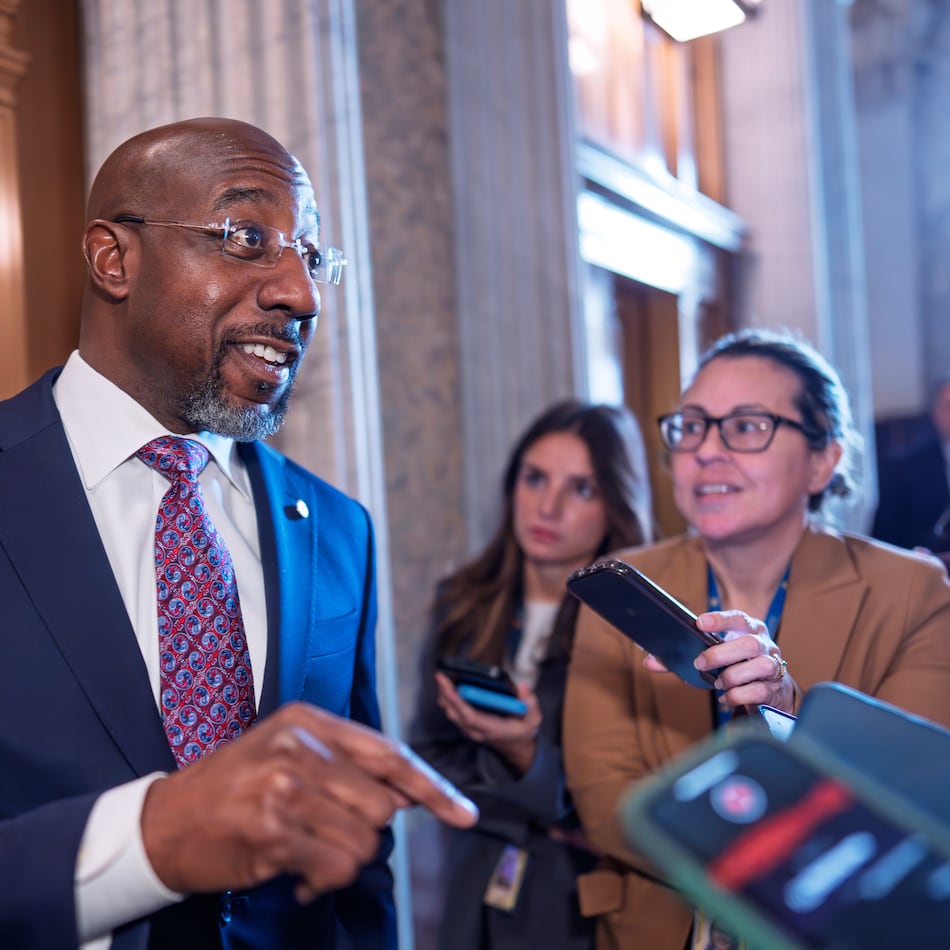On NPR’s hip-hop podcast “Louder Than A Riot,” resident writers Rodney Carmichael and Sidney Madden engaged in conversations with other rappers, journalists and other experts. And the episodic audio program made more than its fair share of noise for the culture.
Carmichael, along with co-host and co-creator Madden, combined music, interviews, history, narrative storytelling, investigative reporting, criticism, and social justice on “Louder Than A Riot” for the nonprofit media company.
Beginning on Oct. 8, 2020, the audio series spent two seasons focusing on “rhyme and punishment,” examining how hip-hop culture is affected by and can sometimes glorify mass incarceration, sexism, homophobia and misogynoir.
“America loves hip-hop but America doesn’t always love Black people,” Carmichael said. “I wanted to put the story to a beat and highlight some really significant issues in this country.”
Credit: Mike Morgan
Credit: Mike Morgan
The podcast was lauded for its journalistic integrity, and its ability to drive conversation and create actual change.
Examples include the first season of “Louder Than A Riot,” which featured the story of McKinley “Mac” Phipps, a New Orleans rapper signed to Percy “Master P” Miller’s famous No Limit Records label. Phipps served 21 years in prison for murder he says he didn’t commit, and “Louder Than A Riot” is credited with finding evidence, shared in a three-part series of episodes, that helped the Louisiana rapper get released from incarceration in 2021.
Unfortunately, in February 2023, NPR cut 10% of its staff. “Louder Than A Riot” was canceled a month later.
The podcast ended, but its own story continues. In early May, “Louder Than A Riot” was recognized by the National Association of Black Journalists as Journalist of the Year, the first time the honor will be given to an NPR staff member, hip-hop media, or an audio storytelling platform. Carmichael and Madden are accepting the award in Chicago at NABJ’s annual convention in August.
Carmichael says his team was laid off before the show had a chance to prove it had a loyal audience.
“We saw the value everyday with the culture and community we were reaching,” Carmichael said. “We were bringing an audience [to NPR] they’ve never had. We hadn’t been in existence for very long, so we probably weren’t at the point where we could generate the type of revenue that could account for the expense of making the show.”
Carmichael says despite being cut short, “Louder Than A Riot” is an indication that mainstream media outlets should invest more resources to support Black and brown journalists and storytellers that cover the community and culture.
“It’s odd because hip-hop is the most consumed genre on the planet,” he said. “Hip-hop journalism has so much to say, and there are still a whole lot of conversations to be had around it.”
Credit: Robb Cohen for the AJC
Credit: Robb Cohen for the AJC
Born and raised in Decatur, Carmichael’s interest in hip-hop and social issues began when he joined the Atlanta alt-weekly Creative Loafing as music editor in 2007.
A former reporter for Waco Tribune-Herald and Rolling Out, he started writing essays that went beneath the surface of music production and song lyrics to address social, political, and cultural issues that impacted the Black community and inspired Atlanta’s music scene.
“It was a way to get people to be more open-minded about gentrification, crime or the cultural erosion that was going on,” said Carmichael, who studied journalism and theater at Georgia State University. “Hip-hop always deals with that stuff, and I wanted to talk to a broad audience about Blackness.”
Not everyone was a fan of Carmichael’s writing style. He regularly saw racist and anti-hip-hop comments under his work.
In the mid-2010s, Carmichael became interested in narrative storytelling and audio journalism after listening to serial podcasts and hip-hop-themed programs like “The Combat Jack Show” and “Mogul.” Five years later, NPR hired Carmichael to write artist profiles and album reviews.
Madden, who was hired the same year as Carmichael, teamed with him the following year to pitch “Louder Than a Riot” as a show that uses hip-hop to address the inequalities that affect Black and brown communities. NPR’s only other hip-hop podcast at the time was “Microphone Check,” an interview program hosted by Ali Shaheed Muhammad and Frannie Kelly. It premiered in 2013 and aired for three years.
“Louder Than A Riot’s” two-year run gained its audience from first time listeners of any podcast. The plans for season three were to explore the state of hip-hop journalism.
“It had to be the next place that NPR could go,” Carmichael said. “The bulk of what passes as hip-hop media now is noise, outweighing the substance and isn’t related to journalism at all. It’s a lot of laziness that gets passed as storytelling. The issues don’t really get the cross-examination and critique they deserve because journalism isn’t upheld the way it should be.”
Winning Journalist of the Year honors from NABJ is a major accomplishment for Carmichael, he said, and credits “Louder Than a Riot’s” success to his six-person team’s commitment, calling the award “a huge surprise.”
“Everybody brought their full selves to work, and the award feels like validation,” Carmichael said. “We’re just one part of what made this thing happen.”
About the Author
Keep Reading
The Latest
Featured






